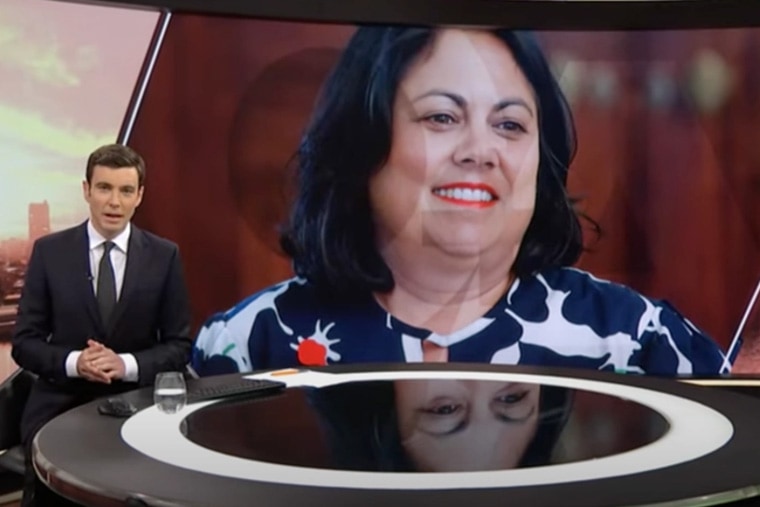On May 7 2023, The New Zealand Minister of Health, Dr Ayesha Verrall, was interviewed by Jake Tame for TVNZ’s Q + A to discuss the government’s plan to protect the health system over winter and the general state of the health system.
Near the end of the interview, Dr Verrall was asked about Pharmac’s funding of medications, specifically about the recent approval to fund the life-saving medication Trikafta for people with cystic fibrosis. In her answer, Dr Verrall implied that campaigns run by advocacy groups are influenced by pharmaceutical companies, and said groups don’t share this with the public.
Last year, we developed an Emgality Advocacy Toolkit, to help our migraine community support our application to Pharmac for the funding of Emgality, a new calcitonin gene-related peptide (CGRP) monoclonal antibody medication used for migraine prevention. Eli Lilly is the pharmaceutical company who makes Emgality. Eli Lilly, and any other pharmaceutical company, has no influence on our charity and makes no financial contribution. We are completely independent of the pharmaceutical industry. Not that anyone has ever questioned us, but with the Minister of Health making broad insinuations like this, we thought it best to put it in writing.
Being independent does not mean we don’t talk to pharmaceutical companies or share information about medicines and devices. We want and need to have relationships with pharmaceutical companies because they hold the power over whether New Zealand gets access to new migraine medications. If the companies choose not to bring their products into New Zealand, we will never get to try them.
There is information on our website about Emgality. This is because no other platform in New Zealand is sharing this information. Around the country, Community Health Pathways “offer clinicians locally agreed information to make the right decisions together with patients, at the point of care.” They’re the place health professionals, such as GPs, visit to guide patient care and treatment, including medications. However, there’s no national Health Pathway, and they’re not automatically updated when new medications become accessible in New Zealand. There’s no mention of CGRP monoclonal antibody medications in the Auckland Community Health Pathway, and we suspect other pathways are the same.
This is why the information we provide is so important. GPs can prescribe Emgality, yet many aren’t because they don’t have the information they need to confidently prescribe it. Patients can use the information on our website to fill this gap. Pharmacists are still learning about dispensing Emgality, so we have information for patients to give to their pharmacist. We share information so people with migraine can advocate for themselves and have the knowledge to manage their disease. We also list all the other medications people can try for migraine, so they know their options.
Information is crucial, and the new calcitonin gene-related peptide (CGRP) monoclonal antibody medications, such as Emgality, are the first medications ever developed specifically to help prevent migraine. Prior to their development, those of us with migraine have had to take medications developed for depression, epilepsy, high blood pressure, and other conditions. Finally we have access to migraine-specific preventive medications – and people deserve to know.
Many people with migraine are desperate to try a medication specifically designed for migraine, after sometimes decades of trying other medications, that often have significant side effects. Not because pharmaceutical companies are urging them to do it. People with migraine are asking for these medications because they are effective, safe, have minimal side effects and are approved and funded in other countries.
Hearing the New Zealand Health Minister plant a seed of doubt as to the intentions and motivations of advocacy groups is, quite frankly, insulting. An insult to the hours and hours of work, often unpaid, groups like ours put into doing the work the healthcare system should be doing, in order to provide equitable access to medications that reduce the burden of disease and improve the health of our community.
We invite Dr Ayesha Verrall to join us for a day to see the work we do, or have a look at our website. All the content on it has been written by us, unpaid. All of our advocacy work is our own.


